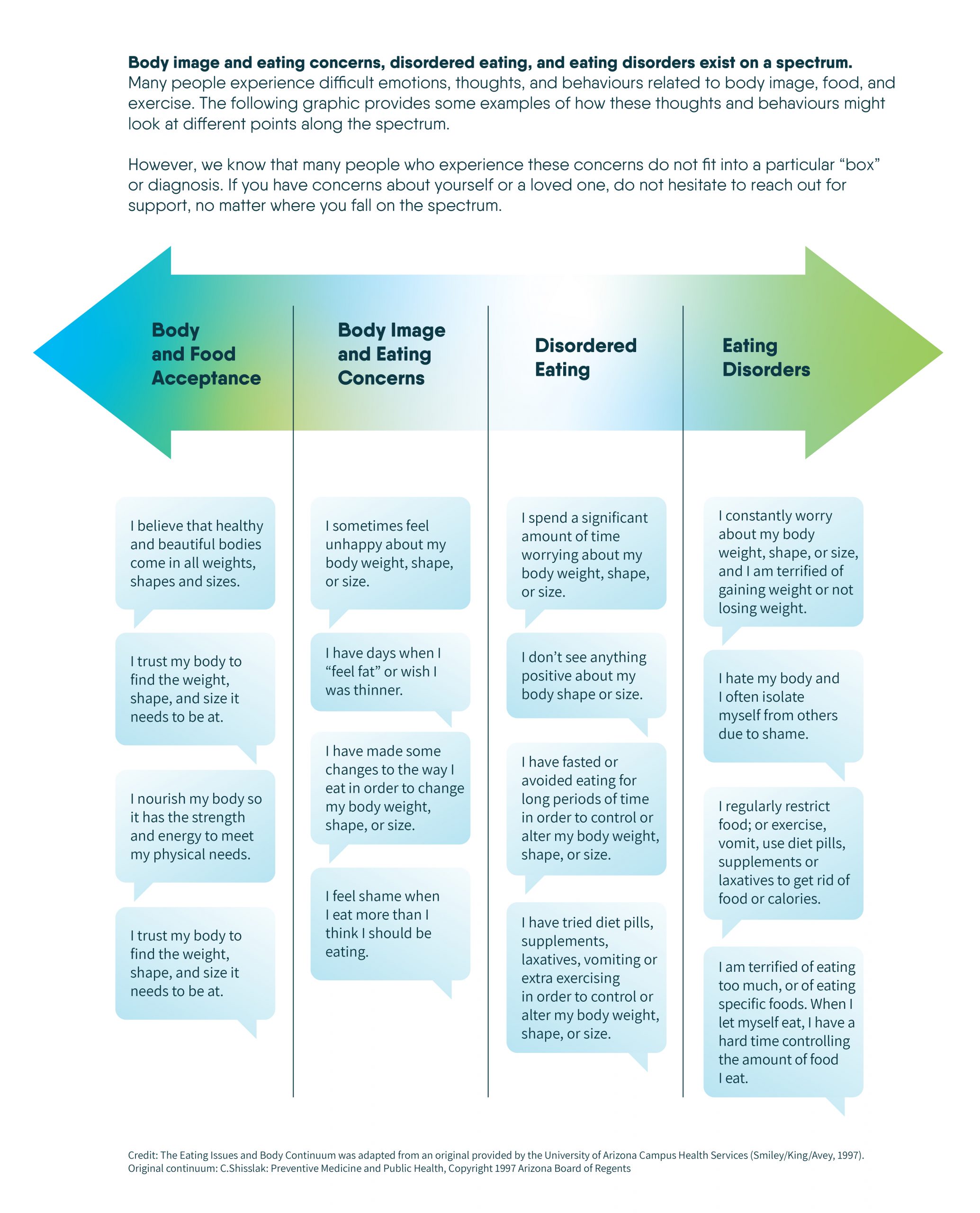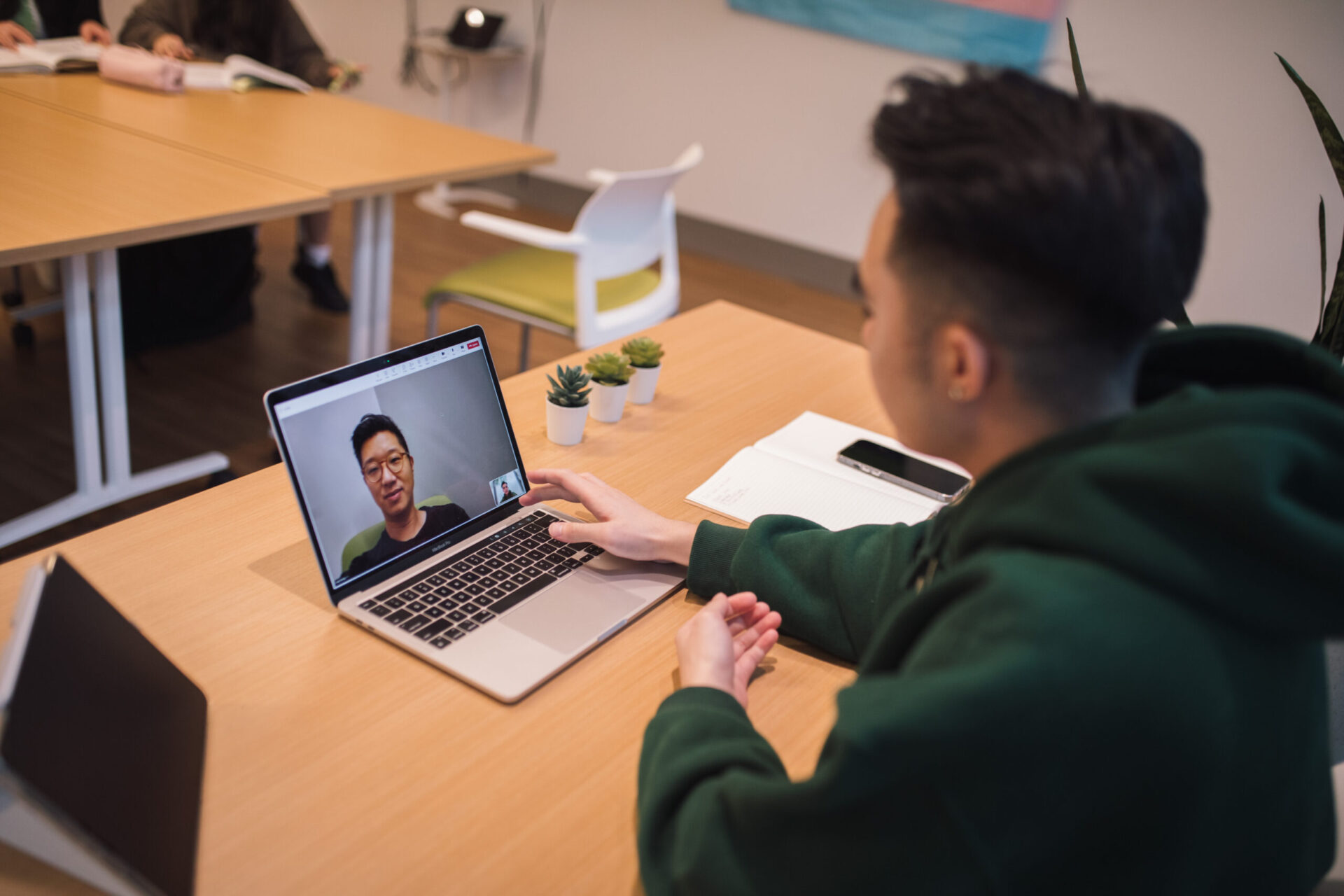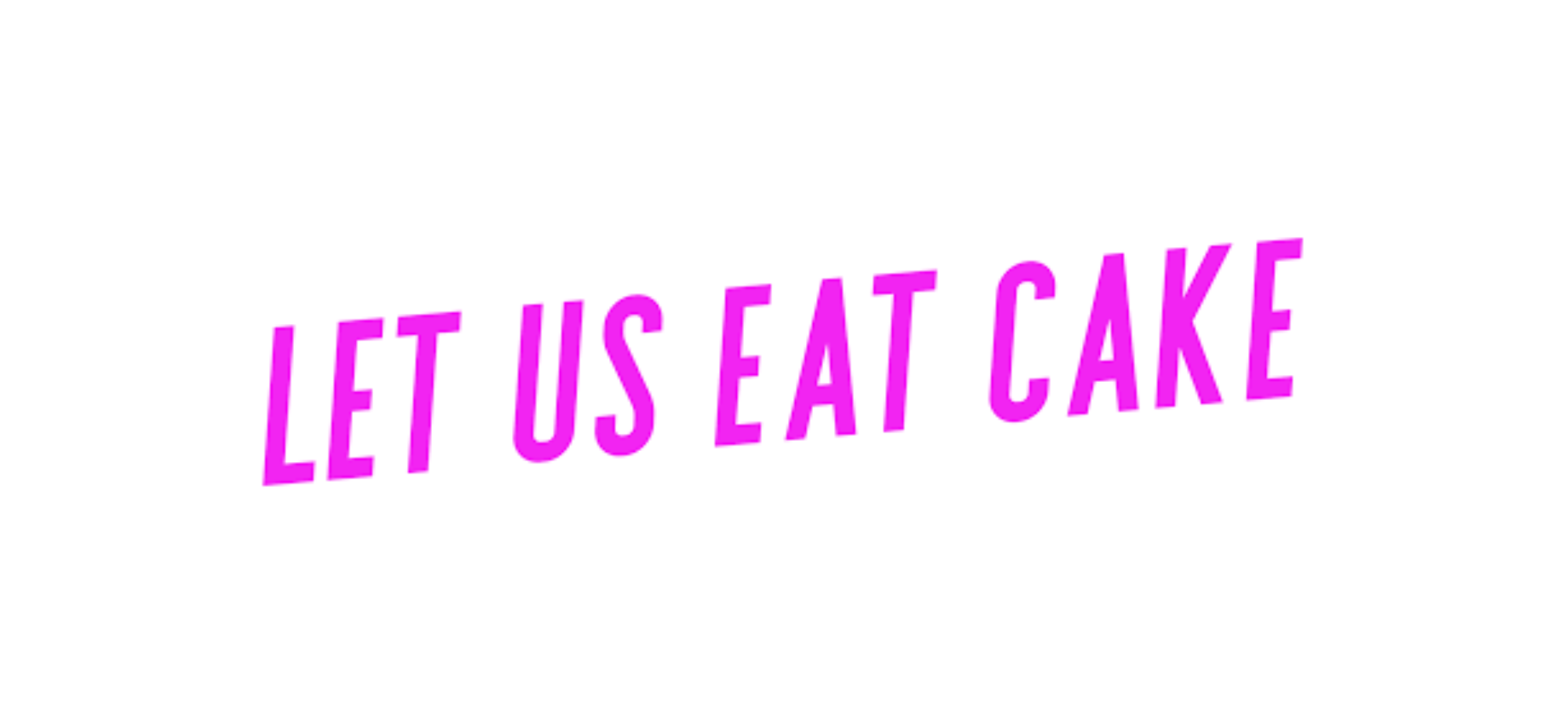Body Image, Disordered Eating & Eating Disorders
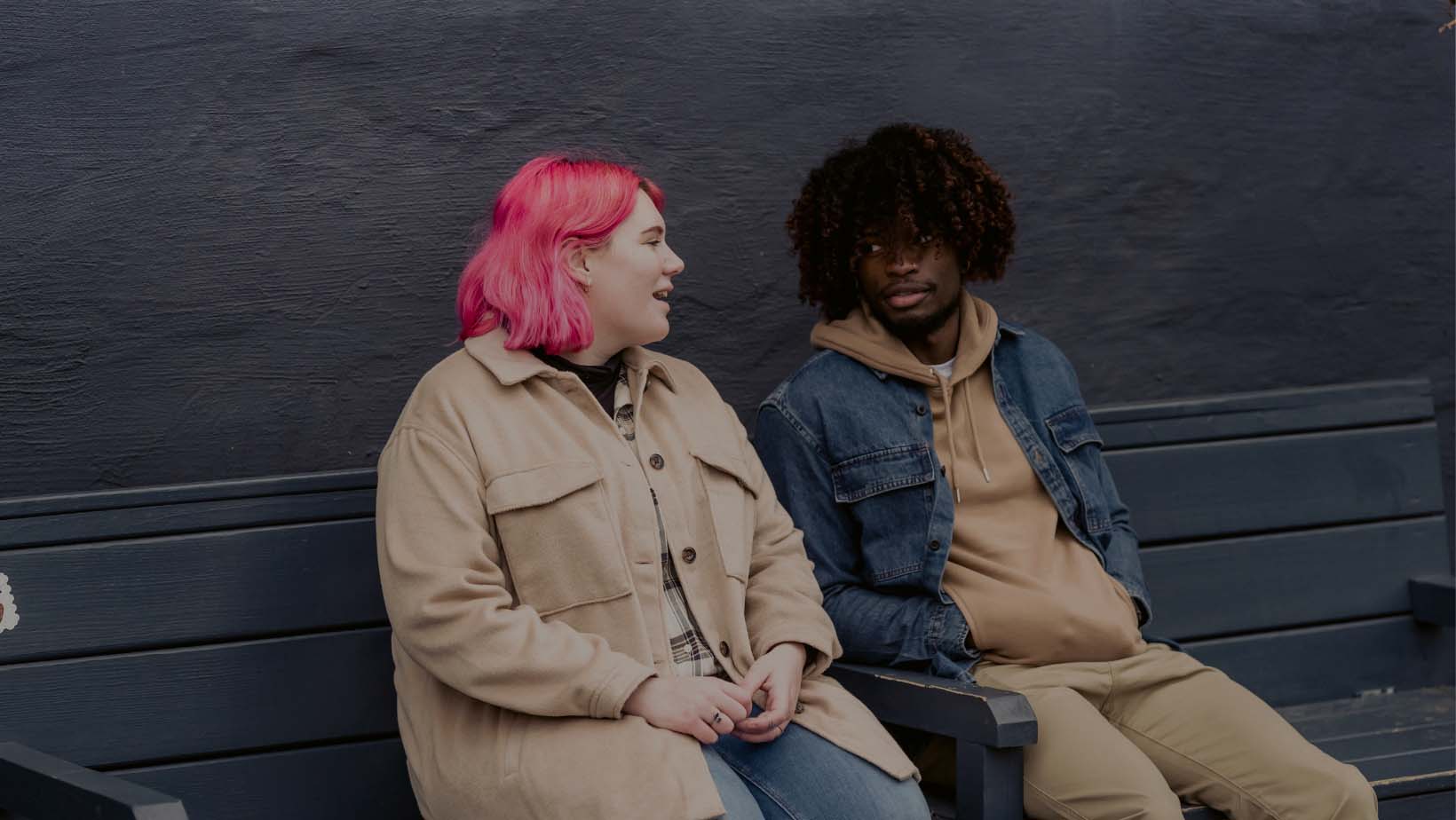
Body image, disordered eating and eating disorders exist on a spectrum. As we grow up, there are many factors that can influence how we see and feel about our bodies. Some people experience difficult emotions, thoughts and behaviours related to body image, food and exercise. In this section you will find information, support and resources to help you develop a better relationship with your body, no matter where you are on your journey.
Body Image
8 mins
Our goal is to provide informative, supportive, and educational content. While we have done our best to remove details that could be particularly triggering, we encourage you to check-in with yourself before reading any further or stop reading if you feel triggered at any time.
Want to explore and learn more? Here are some options for you.
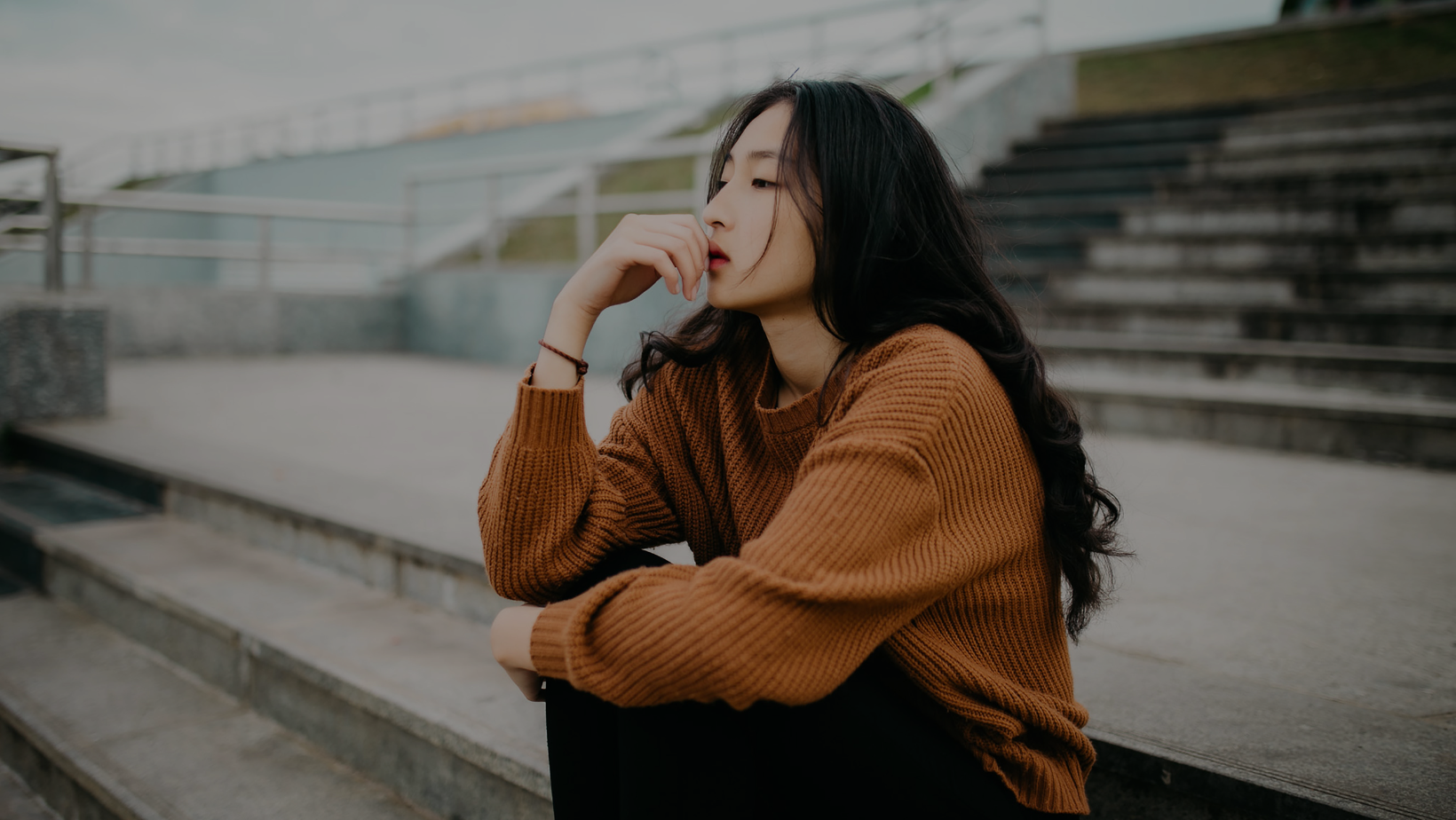
Disordered Eating & Eating Disorders
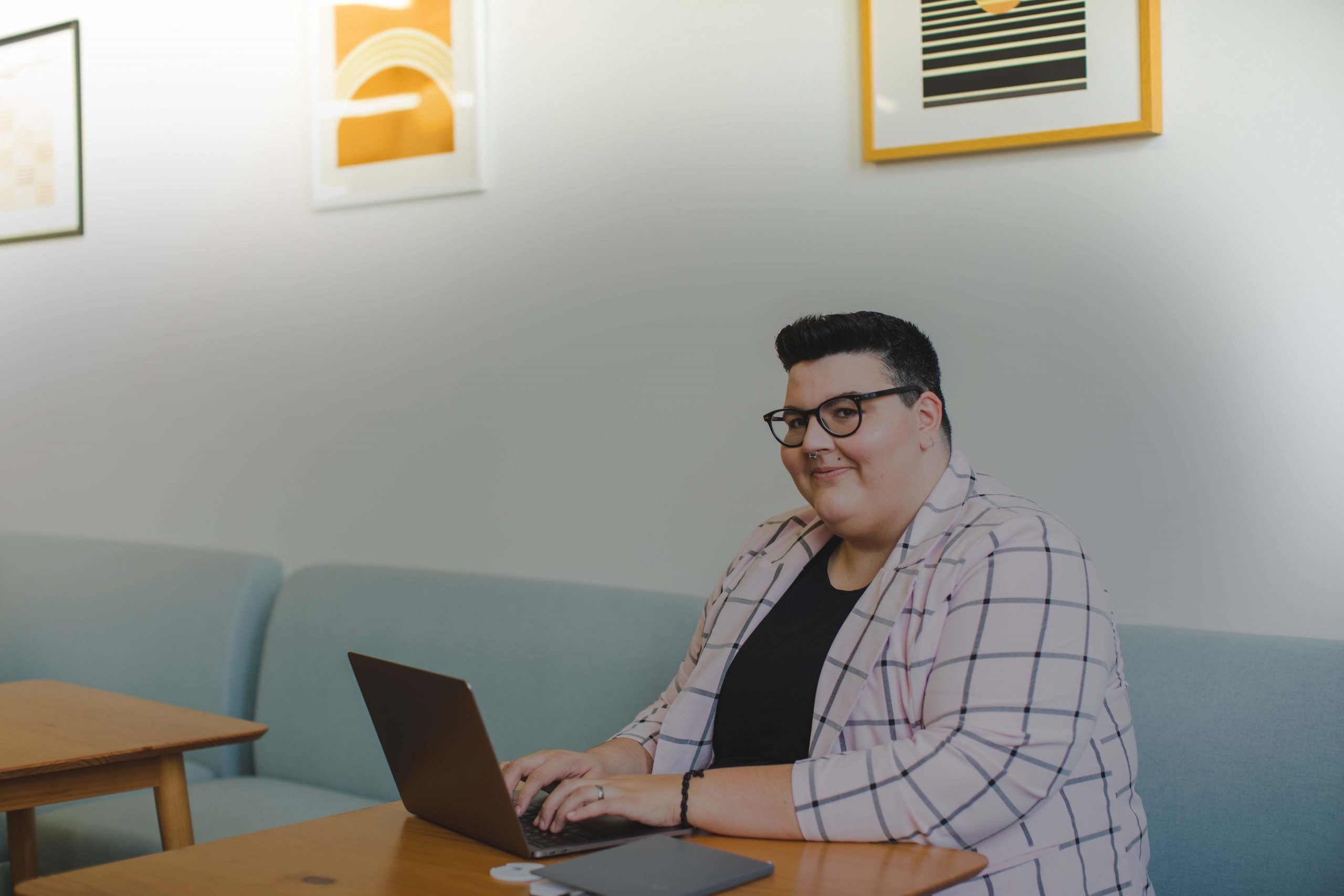
Talking About Our Bodies
Take the Body Image, Disordered Eating & Eating Disorders Self-Check Quiz
Take quiz
